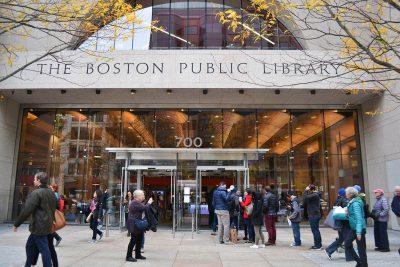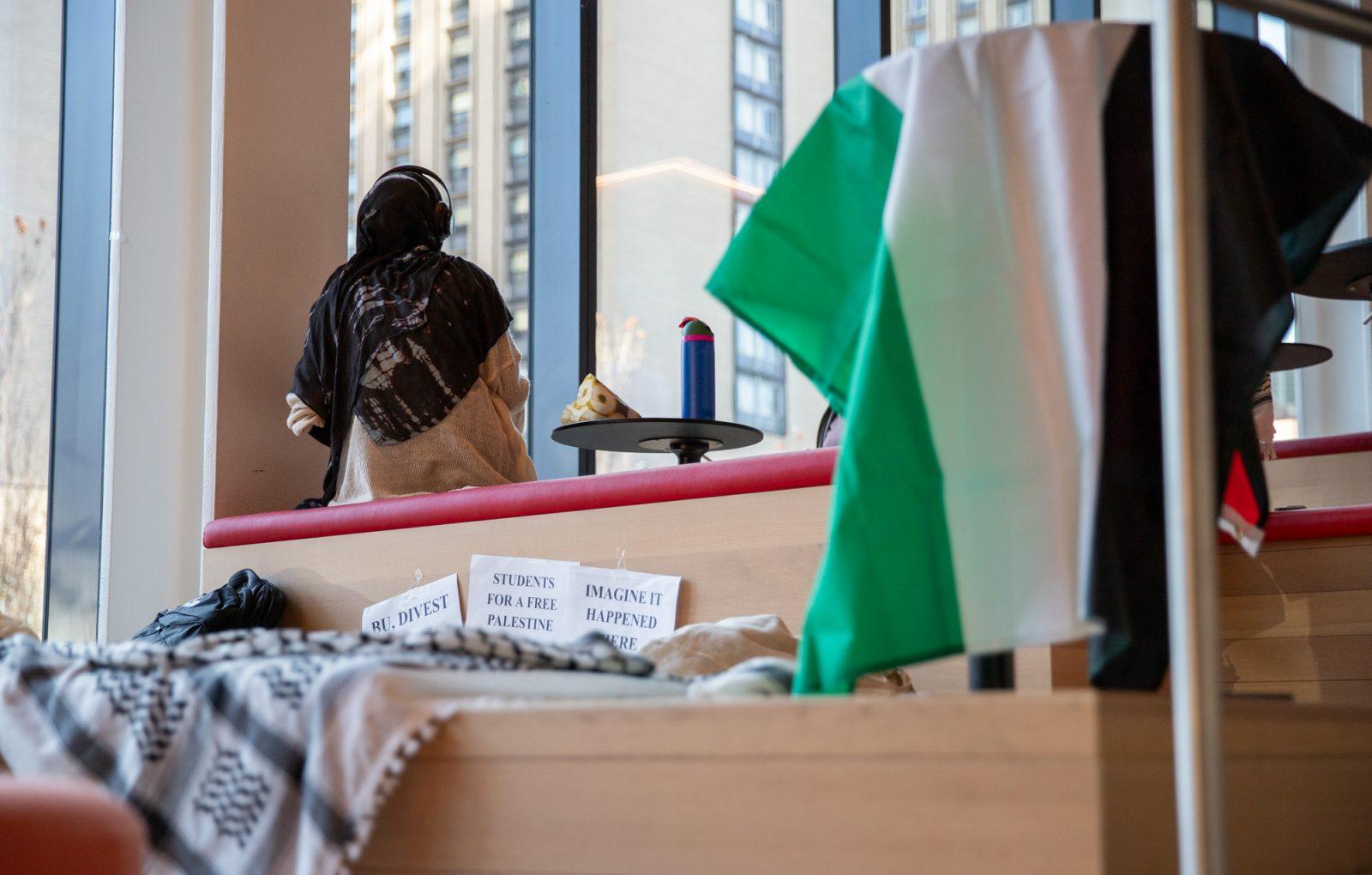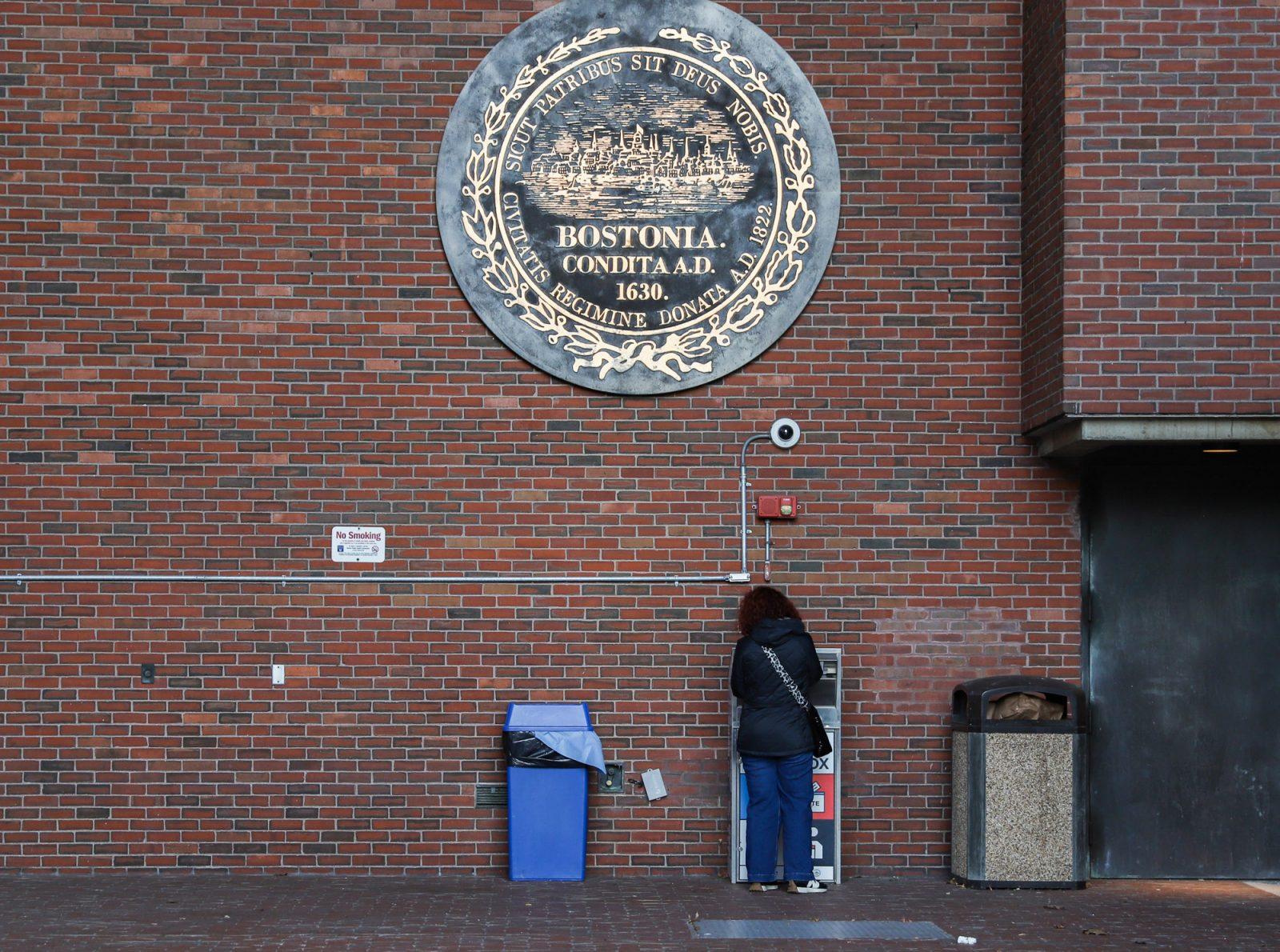Boston’s Committee on Government Operations held a hearing Monday allowing residents to voice their opinions on a proposed change to the State’s constitution, which would allow landmarks to be designated based on local significance.

The change — proposed late January in the form of a home rule petition to the Massachusetts General Court — would make it easier for sites significant to Boston’s Black and immigrant communities to be made city landmarks, according to the petition.
Councilor Kenzie Bok, who sponsored the petition alongside Councilor Liz Breadon, said the change will expand the city’s ability to honor local history through landmarks, which currently need to be significant to the state or nation as a whole.
“It will let us more fully preserve and honor a history that includes all Bostonians, whereas our existing standards might tend to tilt towards mainly well-known, white historical figures,” Bok said. “This will bring greater equity to our system of official historical information.”
The current legislation, written in 1975, allows only for sites with state or national significance to be designated as a landmark, stating that landmarks must have “architectural or aesthetic significance to the city and the commonwealth, the New England region or the nation.”
The proposed changes would swap “and” for a comma, allowing landmarks to hold local, but not necessarily statewide, significance.
If passed by the City Council, the petition will be sent for the Mayor’s signature, then the state legislature, before finally being enacted with a signature from Gov. Charlie Baker.
The proposed change is not an uncommon standard as well, Bok added. Cambridge, for example, has its own process for designating landmarks.
Boston will be celebrating 400 years since the city’s founding in 2030, she said.
“We really want to set up a decade ahead of preserving and celebrating Boston’s history,” Bok said.
She added that the landmark designation unlocks special preservation funding for sites.
The Boston Preservation Alliance has supported historical preservation projects going through the landmark application process, only to be turned down because the site did not have significance above the local level, said Assistant Director Alison Frazee.
“We have a lot of properties, especially properties that are meaningful and significant to Black and brown neighborhoods, or to women or LGBTQ history, that don’t meet that threshold beyond local significance,” Frazee said.
She added that lesser-known historical sites and resources are likely to be in other neighborhoods besides downtown Boston, such as Roxbury and Dorchester.
An update to the state’s landmark legislation could give other communities a marker to identify themselves as historic and help foster the sense of place that neighborhoods such as Beacon Hill and Back Bay have, Frazee said.
“When you think of Beacon Hill, a certain image comes to mind, and you know that’s a special place, that it’s a historic place,” Frazee said. “There are other neighborhoods that could have that with the right designation and the right protections in place.”
She added that, if passed, the change could fuel a better understanding of local historic resources.
The Boston City Council held a public hearing Monday evening to discuss their opinions of the petition, raise questions and allow for public testimony for or against it.
Although concerns were raised over budget changes regarding funding and staffing at the Landmark Commission, the councilors, supporting panelists and members of the public who attended all spoke in favor of the petition.
“Every Boston resident should be able to see themselves in our city’s past as it’s reflected in our physical landscape” Greg Galer, executive director of the Boston Preservation Alliance, said during the hearing. “Everyone has the right to be empowered by knowing that people like them have played a significant role throughout Boston’s history. This shouldn’t just be a privilege of a select few.”
Holly Berry, a Boston resident, said it is important that information about the landmark process be made available in a range of languages.
Councilor Ed Flynn responded to Berry’s comment, saying the issue would be considered during their budgeting process.
“We need to make sure that they’re fully funded as well to make sure that our immigrant neighbors also are able to engage in all kinds of basic city services,” he said.
Bok added during the hearing that this petition is a proactive move for preserving Boston’s history in an equitable manner.
“The same way that if you only fix the streetlights in response to 311s, you serve the people who are best on the app,” Bok said. “If you only do landmarking in response to ten citizen petitions that people mainly who speak English are more prepared to do, you won’t landmark immigrant history.”
She later emphasized the smallness of the change.
“It’s simple, it’s literally a couple of words,” Bok said. “It’s a power and a standard that other cities all over the country have, as you heard. And it would be a tool in our hands that we could put to good use.”



























































































































